Hello Gentle Entities and Candy-Coated Competitors,
My compatriots here at Hipsters of the Coast have informed me that today is International Chocolate Day! One does love a good celebration of an excellent ingredient!
In a rather endearing order of events, it seems this worthy holiday was initially declared the Day of Chocolate by France in June of 1995 but has since been moved to share the birthdate of the author of Charlie and the Chocolate Factory. This does seem to be a bit more of a plane-wide touchstone, as his stories have been translated into 68 languages (including French).
But what should one do on the International Day of Chocolate?
By indulging in one of the many traditional methods of celebration that include eating chocolate, of course!
Perhaps making something chocolate while learning from Katherine Hepburn why you must not add too much flour to her Chocolate Brownie Recipe:
Perhaps just whip up a small hot cocoa cauldron in honor of the day:

One might also read a book:

I shall most certainly be indulging in the traditions of the locals; I have JUST the cocoa set.
Now on to our correspondents. We shall discuss the conundrum of returning to play after a long absence and being unsure of local traditions and the awkward actions involved if actual rule-breaking occurs.
As this is our 34th column, we at Mizz Mizzet’s School for Complicated Lifeforms would like to remind you that we answer between 1-3 letters from our interrogative entities across the multiverse each week.
This week we will be answering a question about how to politely leave a group encouraging abhorrent behavior while making one’s displeasure known.
If you missed our initial column, you may peruse it at your leisure at this location.
Content Warnings
Mizz Mizzet’s Guide to Magical Manners is pleased to provide Content Warnings, given that solving bad behavior often means describing bad behavior.
Greetings Mizz Mizzit,
After a looooong break from MTG (I played modern completely when Mox Opal Affinity was a thing) I decided it was time to pull some of my Commander decks out of the vault, dust them off, and head out to the LGS. I brought a variety of decks from an old Sliver with reserved cards, to a newly purchased precon to have a balance of power levels. What completely shocked me was one individual who had at least 6 decks with him, but they were all proxies! I understand the format is intended to be casual and not everyone has access to older or more expensive cards, but I was disappointed this individual was playing high power level decks using only proxies (and bragging about how he only paid $50 for an overseas company to print the whole deck)!
I absolutely want to keep the format accessible to all, but also think we need to support WotC to continue to get new and exciting product. What can be done to put a stop to this blatant theft of intellectual property?
(For context, if you’re missing a single card for your deck and it’s $20+ dollars, a single proxy or two wouldn’t burn my biscuits, but an entire deck of proxies with high powered cards seems to be completely against the spirit of the game)
NoLove4Proxies
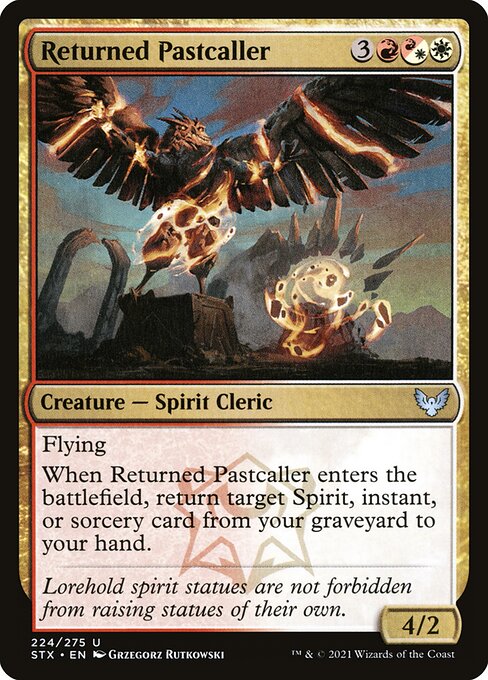
Salutations NoLove4Proxies,
We welcome you back to the camaraderie and complexity of our communal endeavors! May we begin with my compliments on your excellent manners in bringing a selection of decks with the full intent of meeting a new group where their existing play practice sits. I can feel through your letter the care and joy you took in the curation of your decks and their power levels. It Is the very model of excellent etiquette for those who are fortunate enough to have both experience and abundance.
I also deeply appreciate your position vis a vis proxying a few cards, while it is clear that you don’t personally use proxies, you do not begrudge the use of proxies within a framework others might describe as “reasonable accommodation.” This is also quite admirable and far more nuanced than the occasionally rude behavior of others we have encountered who do not personally use proxies.
Indeed the proxy discussions have become quite heated.
Perhaps you are aware that over the last week or two, there has been a plethora of proxy discussions online? Sadly numerous entities have been rather less than polite during such discussions. With great remorse, I must also advise you that locally it is quite illegal to dip the rude in chocolate and serve them with a spiced chai as befits the current holiday referenced above.
So instead, with great civility, we will discuss what to do with such an egregious affront instead.
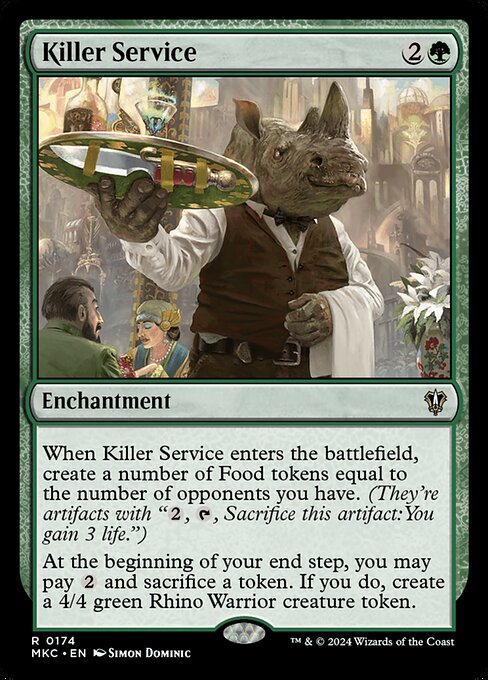
To begin, let us outline the minimum of the proxy/playtest etiquette. In Mizz Mizzet’s Guide to Magical Manners, we have previously discussed the reality that not everyone has the ability or opportunity to access the cards that could make personal play enjoyable for a playgroup. Especially a playgroup that prefers power or efficiency as their primary point of joy. Playtest cards allow players to practice with others who own such cards and keep things equitable. In such cases, the playgroup should always set specific rules and expectations together about a shared proxy/playtest card policy.
In his interview with Tolarian Community College, Sheldon Menery (our sorrows on his recent passing) specifically states that the Rules Committee DOES NOT have a policy on proxy/playtest card use. The committee quite specifically did not want to tell playgroups how they should play together or businesses how to run their shops. And quite firmly, they wanted to make sure that the Rules Committee did not interact with Organized Play. So proxy/playtest cards are fully acceptable inside the structure of the commander format, and indeed, since it is a casual format, as long as one is breaking no laws nor participating in a Wizards Sanctioned Event where one is using a Player Number and it is being recorded in organized play, proxies are covered by the Fan Content Policy. Under this system, one can indeed proxy a full and complete deck. However, it is unacceptable to assume other players will accept playing against proxies without previous agreement, and it is incorrect to start the game without informing an opponent that you are using proxies. Proxy play requires informed consent to be socially acceptable.
The use of such proxies/playtest cards must meet several requirements, or they will literally be in violation of trademark and copyright laws. This is quite a different issue that will not concern the cards one makes oneself at home for personal use.
The situation you have described appears likely to be in violation of these actual laws.
Since you have had some time away from the game for both your sake and that of our gentle readers, I will outline the actual rules from Wizards involving proxies and the Fan Content Policy.
In 2016, there were several issues involving proxies that caused multiple scandals regarding proxies, counterfeits, and competitive play. After attempts to communicate using traditional methods failed to reassure the community. Misinformation bloomed. Wizards made a formal statement that remains their official policy on Proxies, defining them in the face of moral panic and providing Infraction Procedure Guide clarifications.
You will note I have used proxy/playtest construction for these cards throughout my response because “legally” the cards made for personal use are playtest cards but Wizards is very aware that the community uses “proxy” colloquially for playtest cards as well and says so quite clearly in the 2016 communique.
To quote it directly:
However, the same document also makes clear the official position on counterfeit cards:
“Our stance on counterfeits is also clear: Wizards remains committed to vigorously protecting the Magic community from counterfeiters. We will remain vigilant for illegal activity, and we will continue to work quickly and decisively with law enforcement agencies around the globe to protect against the creation or distribution of counterfeit Magic cards. Additionally, we reiterate in the strongest terms possible that any individual or retailer who knowingly deals in counterfeits works against the best interests of the community.”
The primary difference between your experience with many proxies and your personal preference for proxies with agreed-upon constraints is usually simply a matter of negotiating house or table rules for the duration of play. However, the unfortunate situation of a player who exchanged money for faked cards instead of using authentic Magic cards is a different breach of social order. That circumstance crossed more lines than simply being distasteful.
There is a small possibility that the gauche table mate you have described might have paid $300 to create personally crafted individual fan art of a total of 600 cards that DO NOT utilize the art, trademarks, and copyright of Wizards of the Coast’s existing game or cards. However, it’s a lovely summer, I have flown over the Brooklyn Bridge recently, and I can assure you it is not available for purchase.
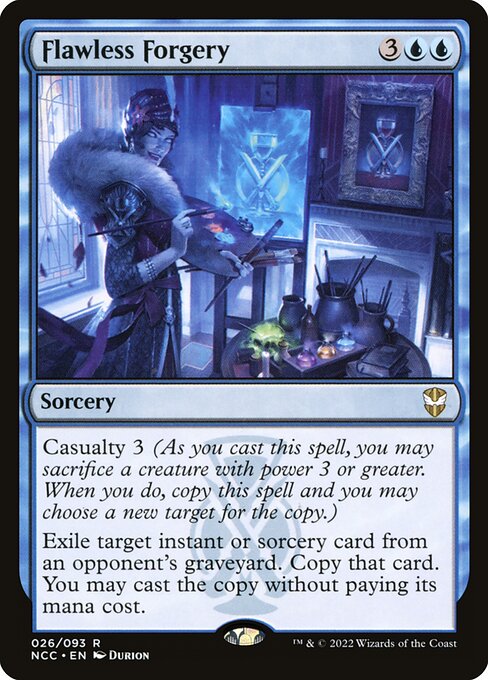
Let us indulge in a moment of positive intent and presume that perhaps our grafting gamer believes their acquisitions fall under the fan art policy that allows a certain level of fair use. These are the requirements the construction of those cards must meet:
It must be free.
It must be clearly marked as an item under the fan content policy.
“Please include a note with your Fan Content explaining that:
It cannot use specific aspects of the Wizards IP without written permission, including:
If one makes paper printouts of the existing cards and cuts them up, slipping them into sleeves over existing magic cards without securing them to the cardboard, then they are simply under the proxy/playtest rules and do not count as counterfeits because they cannot be mistaken for “authentic” Magic cards to be passed off a such in trades, purchases, or competitions.
If you have paid an overseas company to make cards that look exactly like authentic Magic cards, you have created, at minimum, a trademark violation and most likely commissioned counterfeit cards.
If you printed cards with the official back of the authentic cards, you have created a violation of the trademark law and the Fan Content policy.
All proxy playtest cards, even if you printed them yourself at home and no money was exchanged, will be considered illegal under several rules for any form of sanctioned play. But if cards you are playing with cards that can be mistaken for authentic cards during play you will also be violating fan use policy.
This link is the official fan politic and includes the trademarked symbols that cannot be used without written permission.
https://company.wizards.com/en/legal/fancontentpolicy
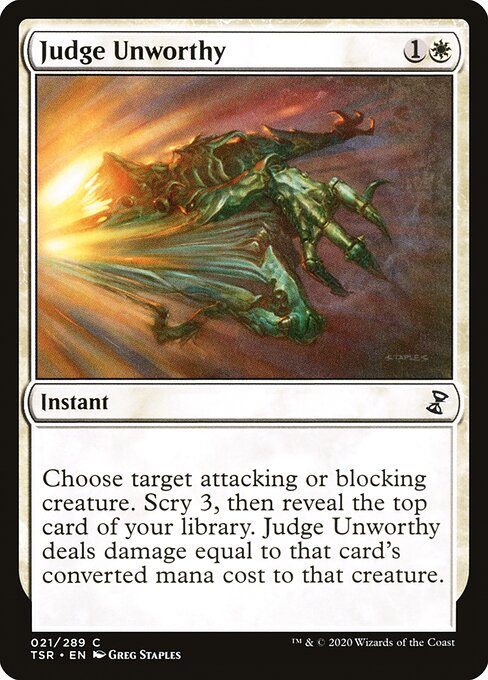
It should go without saying that it is rude to counterfeit cards. It should also be clear that “printing overseas” is most likely using the same purveyors that caused the counterfeits to flood the secondary market and destabilize competitions in 2014-2015. Victims played counterfeits they believed were authentic and got disqualified during play at sanctioned events. This caused a great deal of anguish for both players and judges. Enforcement and clarity were desperately needed. This is the era that also led to numerous card design changes as specific anti-counterfeiting measures such as font changes, card frame changes, and the hologram added to some cards.
During the recent period of time, earthbound competitors could not gather from 2020 to 2022; it is possible these lessons learned and shared five years prior might have been lost in the interim.
While your letter did not describe the cards themselves, and I have made the assumption that the event was casual and unsanctioned rather than a Friday Night Magic event (where no proxies are allowable), it seems reasonable to assume that the cards paid for by our Magical Miscreant were more likely to be duplicates rather than fan art from the context of your question.
We come to the meat of the matter. This is what etiquette dragons are for—to expound on how best to inform an individual that they are bragging about an infraction that should be reported to authorities and what might happen if said authorities respond.
I am afraid that location and local jurisprudence matters. In our current location, they cannot be rolled in a garlic peppercorn rub and lightly seared, served before the dessert course as one might if one were home.
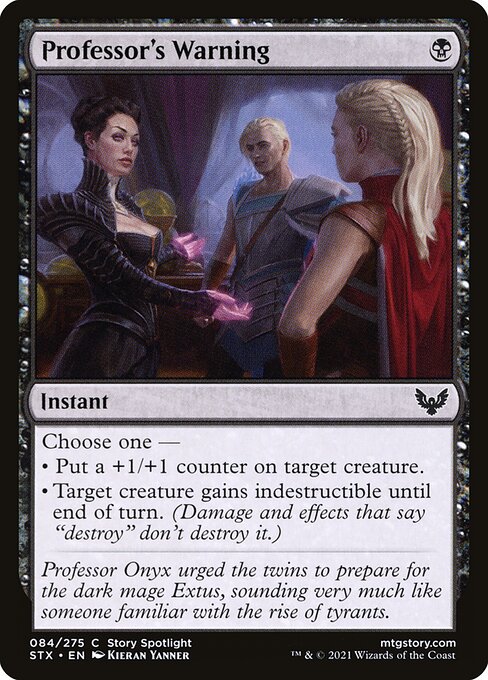
One must also give the uniformed an opportunity to be aware of, and perhaps correct, the infraction. You are the one who knows how close the cards you observed violated the various rules and laws of the land. You might want to simply give a friendly warning:
“Say there—might want to be careful using those in public or mentioning that you paid for them because the proxy rules are pretty liberal, but these violate counterfeiting rules and the fan content policy if you paid for them and Wizards does go after that.”
They are now at least duly warned.
If they become belligerent, bellicose, or boringly boorish, you may simply point out that your offending opponent has proudly created six counterfeit decks in a manner that might be illegal and is actively advertising for compatriots to join them in ignominy. It would be a terrible shame to risk being reported to authorities if they continued to advocate for such infringement, and they should perhaps keep the information on how to hire the overseas group private information. Starting immediately.
This would also be considered a polite warning.
If this gathering was somehow a sanctioned event, you can report the possibly counterfeit decks to a judge or the tournament organizer directly. As mentioned, under any circumstances, these cards are disqualifying.
If this is a casual group meeting at the store and not coordinated by the owner, proxies do not violate the store policy, and the store owner is not responsible for the actions of that individual, you would have to report them directly to Wizards.
To report someone who is either making counterfeits or violating the Fan Content Policy, the method for reporting the infraction is to use Wizards Customer Services using Report Suspicious Activity which can be found here.
The other option is to attempt to get the printer’s information from our enthusiastic offender and report them directly to Wizards using the form for reporting Illegal Activity, which can be found here.
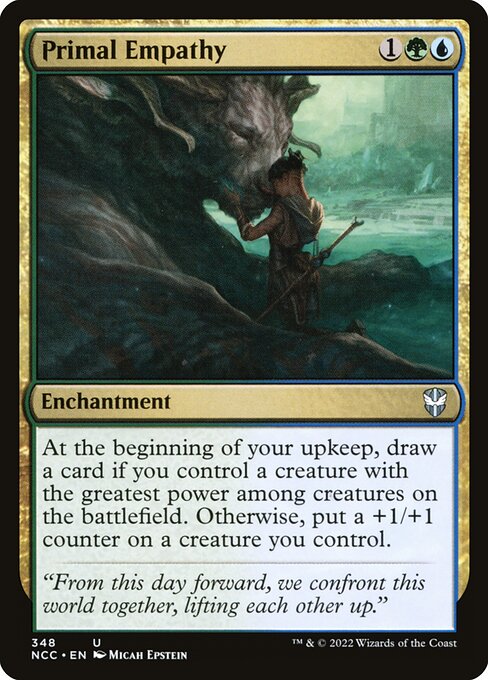
While there is great satisfaction in upholding the letter of the law, one must also consider context. There are currently a great number of new members of our community who existed primarily online while they discovered the game. They may have numerous incorrect ideas about who adds to whose horde within the secondary market. In this response, I have provided the relevant policy links and one can see the formal statements were last broadly communicated in 2016 and 2017.
These clarifications were necessary when Wizards took action against criminal activity; folk who were NOT violating the policies were afraid their work could fall under the same ruleset, and corporate overreach was going to target them too.
Anyone joining (or rejoining) the game after 2019 would not know about these problems. They simply hear about the use of the policies, perhaps thinking they were unnecessary. Good manners mean we cannot assume an entity’s adversarial relationship with the creators of their preferred activity is coming from an informed place.
You might take this into consideration when deciding whether or not this needs to be reported. If you feel that the player in question is not going to sell or trade the cards.
But for a lighter note—let us imagine my dark suspicions are wide of that mark! You might simply be at a table with an individual who has LEGALLY proxied six full proxied decks. You, personally, would prefer to play with a limit to how many proxies might be used per deck. It is acceptable to ask what the established agreements are and inform all and sundry that you are willing and prepared to play under any constraints or power levels that facilitate the ability to limit proxies in active play but keep things fun.
It is also appropriate to say something along the lines of “I don’t really enjoy playing at higher power levels with fully proxied decks, maybe we can switch players, and I’ll join the other pod so we can all enjoy the games?”
Arranging games with individuals in advance where the number or condition of proxies is agreed upon for the next week is also an excellent option.
I wish you well on your journey back into the wilds of in-person play. May your road be sweet, your sword be sharp, and your fellow planeswalkers be proxy policy compliant!
MM
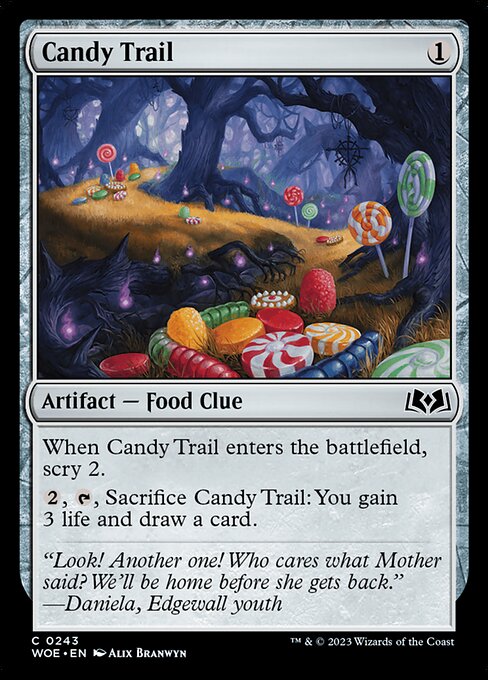
Thank you to Adrienne Reynolds for her interplanar transcription services.
Mizz Mizzet Portrait by Andres Garcia
Delightful Readers, Please Submit Your Questions to Mizz Mizzet.
You may submit your questions to Mizz Mizzet using this form.
New Mizz Mizzet columns are posted every Wednesday right here as well as in Hipsters of the Coast‘s weekly email newsletter. You are also encouraged to follow her at @MizzMizzet on Twitter.
Any questions answered publicly will be made anonymous, and noms de plume will be created to represent any parties mentioned.
Born a perfect dragon in an imperfect multiverse, Mizz Mizzet (she/her) is the pioneer broodmother of today’s multiplanar civility movement. She is now working to persuade Planeswalkers to participate in it.
Her tireless efforts to expand the understanding and exercise of etiquette beyond the stereotypical terror of too many pieces of silverware, and whether to use poisons or explosives at celebratory conquest dinners, have not escaped official notice.
She specializes as a consultant in seating arrangements for inter and intra planar political events as long as contracts include the option to eat the rude.
Out of respect for her relative’s delicate sensibilities regarding draconic rank, she does not reside on the plane of Ravnica.



